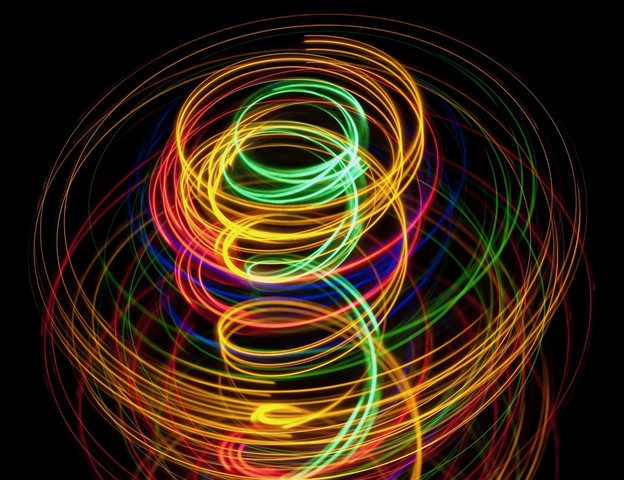Reading notes: On epic, citations

Litia Perta asks us to think about criticism as a practice of care and not as attack. This suggests a type of attention, a generative reading method that moves alongside a work and not against it. When I write about the authors’ works in my project, I am writing alongside and toward.
In the past month, I’ve begun another, not unrelated, practice of breathing more space into my body.
Women experimental writers working alongside-within a poetic genre can breathe space into it.
In her work, Renegade Poetics: Black Aesthetics and Formal Innovation in African American Poetry, Evie Shockley reads Gwendolyn Brooks’s “The Anniad,” Sonia Sanchez’s Does Your House Have Lions?, and Harryette Mullen’s Muse & Drudge as epics. She analyzes how their poetics pressure the genre and how their texts “achieve something with the epic that it was not created to do.” Who tells the story for and about the community, and how it is told, is radically transformed. In her analysis, Shockley is also asking questions about reading. She suggests Brooks, Sanchez, and Mullen “require us to accommodate new kinds of heroes and questions, previously unrecognizable as such because of the race, gender, class, and sexual presumptions that have attended the genre of the epic as it developed within the Anglo-American literary tradition.” What do we perceive and what do we render in advance “unrecognizable” when read through a received lens?
In Poetics of Relation, Édouard Glissant reads classic epic as participating in a tension between possessive, monolingual, rooted ethnocentrism, and the present but less pronounced errantry and rhizomatic seeking beyond the oneness of oneself, one nation, one language. Glissant claims, “I approached this [latter] dimension of epic literature. I began wondering if we did not still need such founding works today, ones that would use a similar dialectics of rerouting, asserting, for example, political strength but, simultaneously, the rhizome of a multiple relationship with the Other and basing every community’s reasons for existence on a modern form of the sacred, which would be, all in all, a Poetics of Relation.”
I am tracing relations among gender and genre, history and narrative, bodies and borders, imperialism, harm and subversion, labor poetic and otherwise, perception and knowing, and ritual and healing.
In erica kaufman’s epic Instant Classic, she writes, “I believe there are some archives that are ecstatic.” They are gloriously, expansively displaced from their proper (or traditional) place, made to be beside themselves, suddenly more and multiple and other than they were before.
Epic Engagements